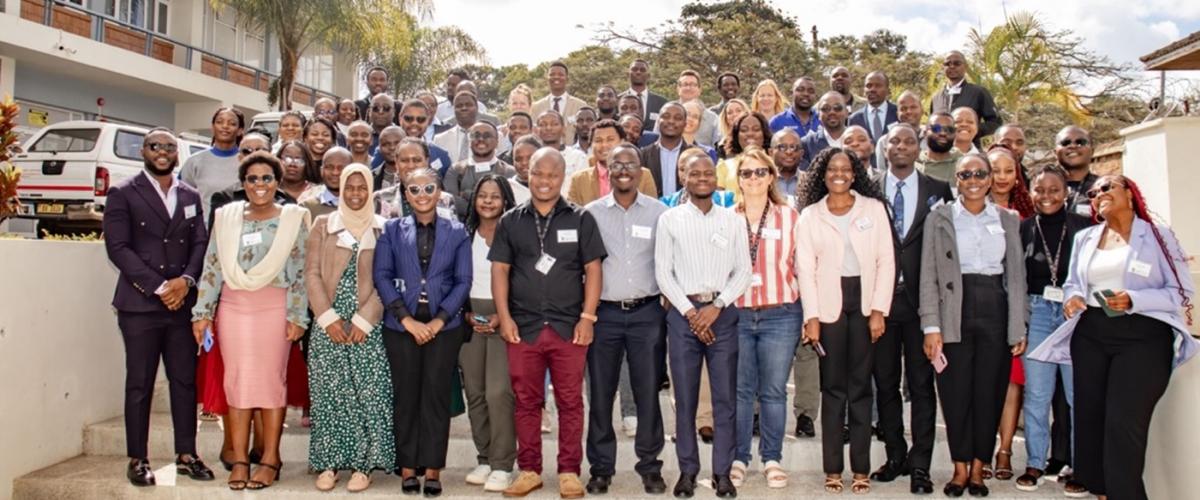
On 12 June 2025, more than 90 stakeholders from government, academia, research institutions, NGOs, and local communities convened to launch the Malawi One Health Research Consortium — a collaborative platform for data sharing, evidence generation, and coordinated action across human, animal, and environmental health sectors. The consortium aims to strengthen national research capacity, inform policy, and ensure that communities remain at the heart of One Health initiatives.


Muonaouza Deleza, a veterinarian and researcher at University of North Carolina project, noted the timeliness of the initiative.
"The Malawi One Health Research Consortium has come at the right time because it will help to drive One Health agenda in Malawi by providing evidence for policy and change. By bringing together researchers from human, environmental, animal from the private and public sector, the consortium will bring interventions and solutions that are addressing challenges from their roots," he added.
The Malawi One Health Research Consortium has come at the right time, as it will help advance the One Health agenda in Malawi by generating evidence to inform policy and drive change. By bringing together researchers from the human, animal, and environmental health sectors from both public and private institutions, the consortium will foster adoption of integrated solutions that address challenges right from their roots, he said.
However, participants noted that some sectors are not effectively represented in the One Health space.
Carol Theka, an environmentalist, said,
The environment sector is yet to be recognized as an equal and important partner in the One Health discussions.
She highlighted the need to strengthen collaboration with environmentalists through joint research and by mapping and incorporating One Health approach into ongoing environmental projects.
Priority areas and roadmap to action
The co-creation and co-design workshop hosted by the Malawi Liverpool Wellcome Research Programme (MLW) with support from the Capacitating One Health in Eastern and Southern Africa (COHESA), project targeted the following thematic areas, where collective action is most urgent. Antimicrobial resistance (AMR); - Zoonotic diseases and infections; Food safety and security; Climate change and environmental health; Disease surveillance and Water, Sanitation and Hygiene (WASH); Capacity building, standardized reporting, and inclusive community engagement.
Way forward
Stakeholders agreed on a six-month proof of concept coordinated by a secretariat led by MLW and COHESA. Deliverables include 5 joint concept notes; at least three grant applications and structures to support student engagement, mentorship, and research opportunities. Student involvement will be central to the consortium’s sustainability. Proposed actions include university One Health clubs, small research grants, internships, and curriculum integration to nurture the next generation of leaders.